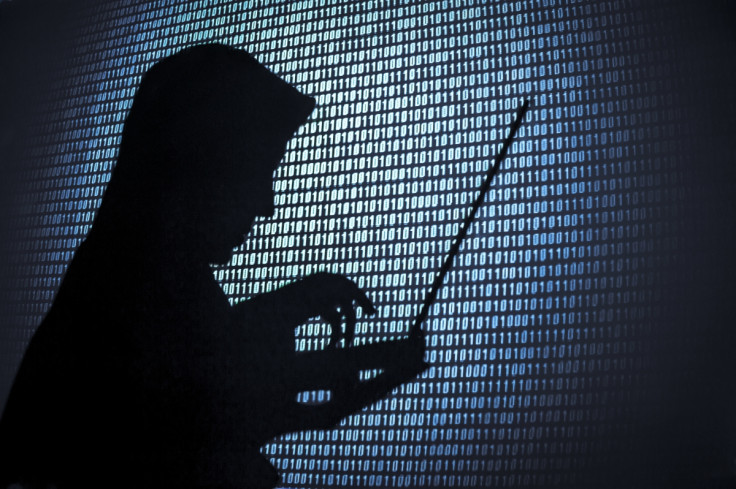Virgin Media urges 800,000 customers to change passwords over hacking fears
Which? probe tests 15 home tech appliances - and finds security flaws in eight of them.

Virgin Media has told 800,000 customers to change their passwords to protect against the risk of being hacked.
An investigation by consumer body Which? found that hackers could access the broadband provider's Super Hub 2 router, allowing access to registered users' smart appliances.
Virgin Media said the risk to customers with the specific router was "small", but advised them to change both their network and router passwords if they were still set at default levels.
The firm added it would offer these customers the chance to upgrade to a Super Hub 3, which contains extra security measures.
The Which? probe, carried out with ethical security researchers SureCloud, tested 15 devices – of which eight had security flaws.
In one test a home CCTV system was hacked using an administrator account without a password. Hackers were able to watch live pictures and were able to pan and tilt the camera to show different views inside the house.
Another case featured a range of smart children's toys, called CloudPets, which are stuffed toys that allow parents to send messages to the child via Bluetooth technology. But SureCloud researchers hacked the toy and made it play its own voice messages.
Which? said: "The industry must take the security of internet-enabled and smart products seriously, by addressing the basics such as ensuring devices require a unique password before use, using two-factor authentication, and issuing regular security updates for software."
Alex Neill, Which? managing director of home products and services, added: "There is no denying the huge benefits that smart-home gadgets and devices bring to our daily lives.
"However, as our investigation clearly shows, consumers should be aware that some of these appliances are vulnerable and offer little or no security."
Which? tips on greater tech security:
- Set strong passwords: Many smart devices come with generic default passwords that are easy for hackers to guess. Set a strong and unique password, ideally with a jumbled mix of letters, numbers and special characters.
- Update your software: Keeping software or firmware updated means that the latest security is installed on the device.
- Complete the set-up: All smart devices should be connected to a secure wi-fi network. This is because many use their own wi-fi during the set-up process which, if left unsecured, is an easy target for attackers located within range of the device.
- Location, location: Be mindful of where devices are located in the home. Those close to windows or behind thin doors can be more easily accessed from outside.
© Copyright IBTimes 2024. All rights reserved.






